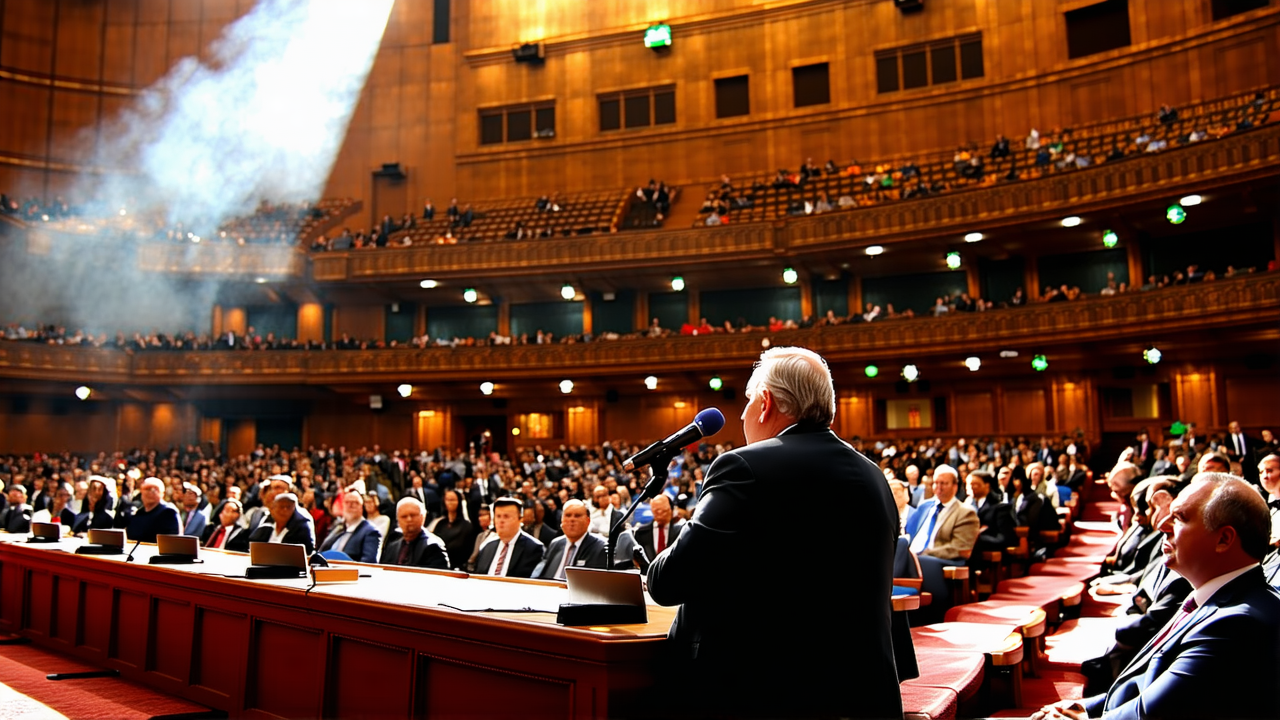Labour MP Willie Jackson Accuses Government of Rigging Next Election
Labour MP Willie Jackson Accuses Government of Rigging Next Election
In a fiery speech delivered during Parliament's general debate on Wednesday, Labour MP Willie Jackson accused the government of attempting to 'rig the next election' through proposed changes to voting rules that would prohibit same-day voter registration.
Jackson's remarks went beyond Labour's official stance, which has been that the electoral changes would simply make it more difficult for people to vote. He condemned the move as a form of 'gerrymandering' that would suppress the voices of certain communities, including young people, Māori, Pasifika, and Asian voters, who would be disproportionately affected by the policy shift.
'It’s racist disenfranchisement,' Jackson said. 'It’s a breach of democracy... this government risks being accused of rigging the next election.'
Jackson also took strong issue with Deputy Prime Minister David Seymour, whom he labeled the 'biggest dropkick of all' after Seymour used the term to describe late voters. 'I don’t know what’s more offensive,' Jackson said. 'The gerrymandering of our voting rules to rig the election, or the deputy prime minister referring to 600,000 people as dropkicks.'
He praised Attorney-General Judith Collins for her principled stance on the issue, calling her 'one of the most principled National Party members' for warning that the changes could breach human rights. 'She's had the courage to call these voter suppression powers what they are: discriminatory.'
In response to Jackson’s criticism, Deputy Prime Minister David Seymour dismissed the accusations as 'wrong and insane,' but admitted he found Jackson’s fiery rhetoric entertaining. 'He’s more a figure of fun for me,' Seymour said. 'Although I do worry a little bit about a man of his age—the old ticker can give out if he hyperventilates too much at work in the House.'
Justice Minister Paul Goldsmith's spokesperson defended the proposed changes, stating that people are not being disenfranchised but are being 'required to enrol' before voting. The government's legislation banning same-day voter enrolment passed its first reading in Parliament on Tuesday and is now being considered by a select committee.
Goldsmith argued that the changes are necessary to address the delays caused by an increasing number of special votes in the final count. 'The final vote count used to take two weeks. Last election, it took three,' he said. 'The advice I received is that if we leave things as they are, it could well take even longer in future elections.'
However, officials within the Justice Department have warned that the move could result in lower voter turnout and reduced confidence in the electoral system. They also expressed uncertainty about its effectiveness in reducing the number of special votes. The changes have also been criticized by the Chief Human Rights Commissioner and electoral law experts Andrew Geddis and Graeme Edgeler.
Since 2019, voters have been able to enrol and vote on election day as a special vote, but that option could soon be removed. The government's broader overhaul of electoral laws also includes increasing the threshold for political donations and other provisions aimed at improving transparency and efficiency.
As the debate continues, the issue of voter suppression and the integrity of the electoral process remain at the forefront of political discourse. With the next election on the horizon, the implications of these changes are likely to be closely watched by voters, civil society, and international observers alike.
